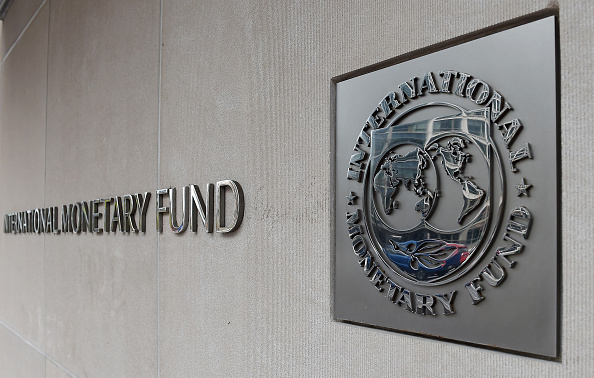Accra – Ghana’s government hopes to convince 80% of local bondholders to sign on to a voluntary domestic debt exchange by January 31 in order to secure an essential $3 billion in IMF support.
Ghana reached a staff-level-agreement with the International Monetary Fund (IMF) in December as part of its efforts to pull out of its worst economic crisis in decades.
The debt restructuring is needed before the IMF board will approve the relief package and Ghana has defaulted on most of its external debt and has requested to restructure its bilateral debt.
After meeting this week with the individual bondholders, Finance Minister Ken Ofori-Atta said securing at least 80 percent participation will put Ghana in a better position to secure the IMF deal.
“I think the clarity for all of us is that it is a voluntary programme,” Ofori-Atta told the media on Thursday.
ALSO READ | Ghana suspends part of external debt payments
“We’ve anticipated maybe getting up to 80 percent which will still put us within the parameter. So, we are asking everybody to really join.”
Under the swap programme, domestic bondholders, mostly pensioners, have to exchange government bonds for lower value ones and with zero coupon until 2024 before they will earn interest.
President Nana Akufo-Addo, who reversed course about going to the IMF last year, has called on Ghanaians to back his government’s effort to end the economic crisis.
But some bondholders have opposed the deal ahead of the January deadline.
“That’s totally unfair and the government cannot pass on the mess it created to us to bear,” Benjamin Aidoo, a 65-year-old retired doctor, told AFP.
“We have school fees to pay. We have medical bills to clear. Some of us are owing rent and we have invested our retirement packages into government financial instruments to settle those debts. How does the government expect us to survive if we agree to this programme?”
ALSO READ | Once a star, Ghana battles economic crisis
Ghana is struggling with inflation at more than 54 percent and a sharply devalued cedi currency, hit hard by the effects of the global pandemic and fallout from the Ukraine war.
Once seen as an investment darling, Ghana has recently struggled with its debt burden. The government spends more than half of its revenues on debt servicing and the cedi’s slide has increased debt value by $6 billion.
Senyo Hosi, the convenor of the Individual Bondholders Forum, said the government cannot add to the hardship the citizens are going through now as a result of the high cost of living.
“The Akufo-Addo government is overspending. The government must rather cut down drastically on its expenditure and should not bank its hopes on the poor,” he said.
“What crime did we commit to lose what we legitimately earned?” Hosi said in a telephone interview with AFP.
Individual bondholders have threatened protests and strikes if the government fails to exempt them from the debt swap.
Ghana’s government management of the crisis may also have political impact with elections just two years away and Akufo-Addo stepping aside after two terms in office.
Follow African Insider on Facebook, Twitter and Instagram
Source: AFP
Picture: Getty Images
For more African news, visit Africaninsider.com


